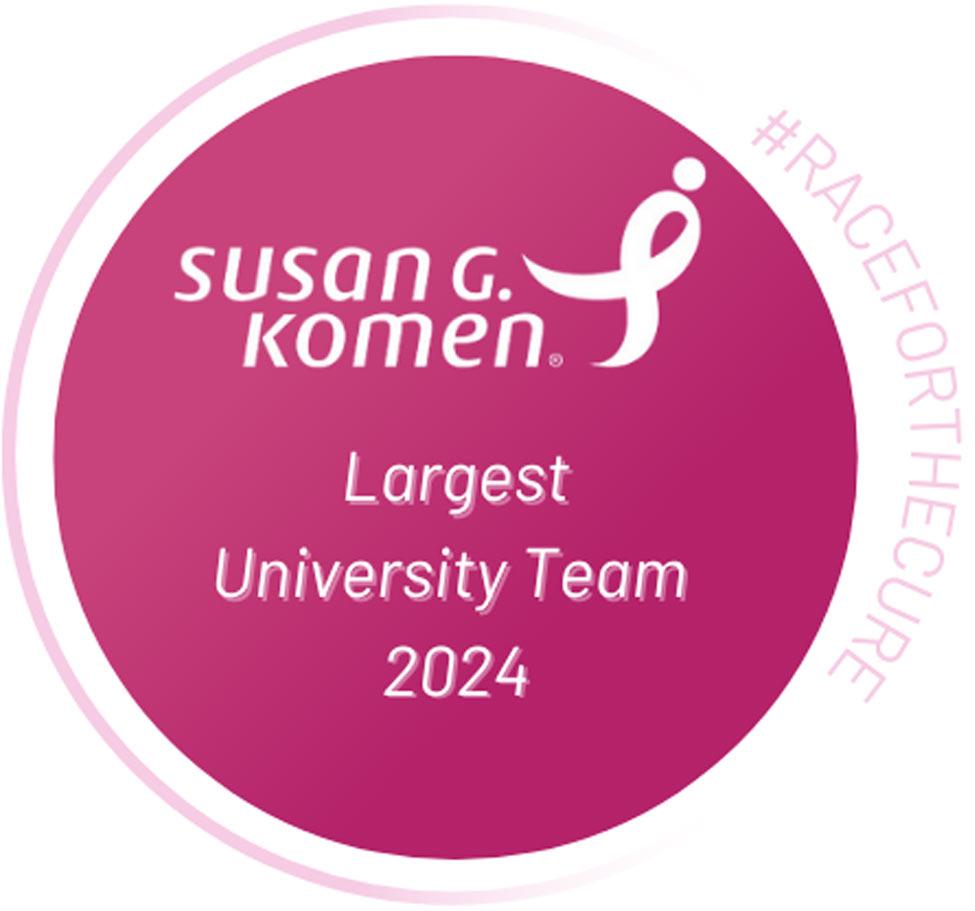
35th Annual Susan G. Komen Race for the Cure
Join your fellow Setters in the fight to end breast cancer at the 35th annual Susan G. Komen Race for the Cure and be part of the largest college/university team. The Komen Greater New York City Race for the Cure® is returning to Central Park! Join us on Sunday, September 7, 2025, for a day of celebrating survivors, honoring those we’ve lost, and sharing stories, tears, and laughs. The Greater New York City Race is more than a Race. It’s a community, united in ONE goal: to end breast cancer forever. To achieve our vision of a world without breast cancer, it will take all of us. Join us by registering for the Pace team today!

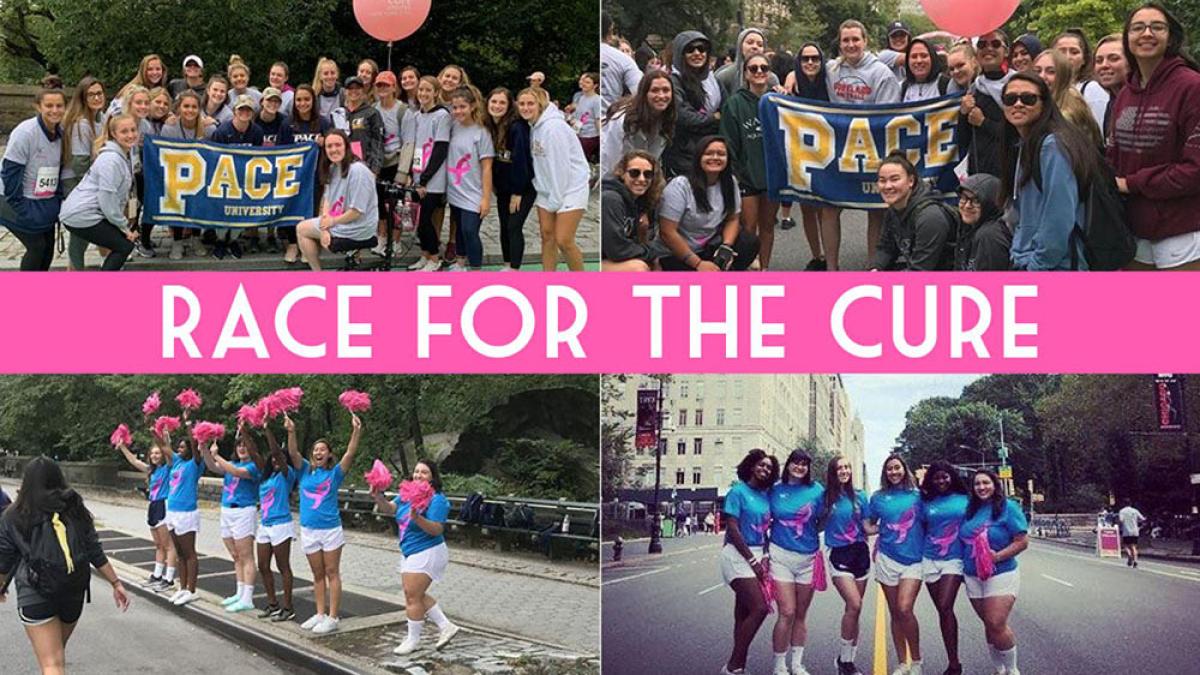

Pace University Continues a 35-Year Tradition in the Fight Against Breast Cancer
Join your fellow Setters along with our team captain, Dr. Ellen Mandel Professor Emeritus, in the fight to end breast cancer at the 35th annual Susan G. Komen Race for the Cure on Sunday, September 7 in Central Park, NY. Pace has maintained a proud tradition of being the largest college/university team. We hope to continue that important distinction. Join us by registering for the Pace team today!
We’re stronger together. United by hope, we can support those who need help today, while fearlessly searching for tomorrow’s cures. Will you join us in this fight?
If you have questions regarding registration, please email Stacie Spitzkoff from Komen Race for the Cure. Additional questions can be directed to Pace’s Public Affairs department.
Please watch the YouTube video below of Dr. Mandel reading a poem she wrote 30 years ago to create awareness about Breast Cancer and to beg for federal funding in Washington, “Walking for the Cure.” This poem was aired during the 30th anniversary of Komen NYC.
Sales, Strategy, and Staying Ahead with Gabriella Ferrara '16
From finance to sales leadership, Gabriella Ferrara's journey is one of ambition and adaptability. In our latest episode of The Lubin Link podcast, this Pace University alumna shares her inspiring story of career transition and success.
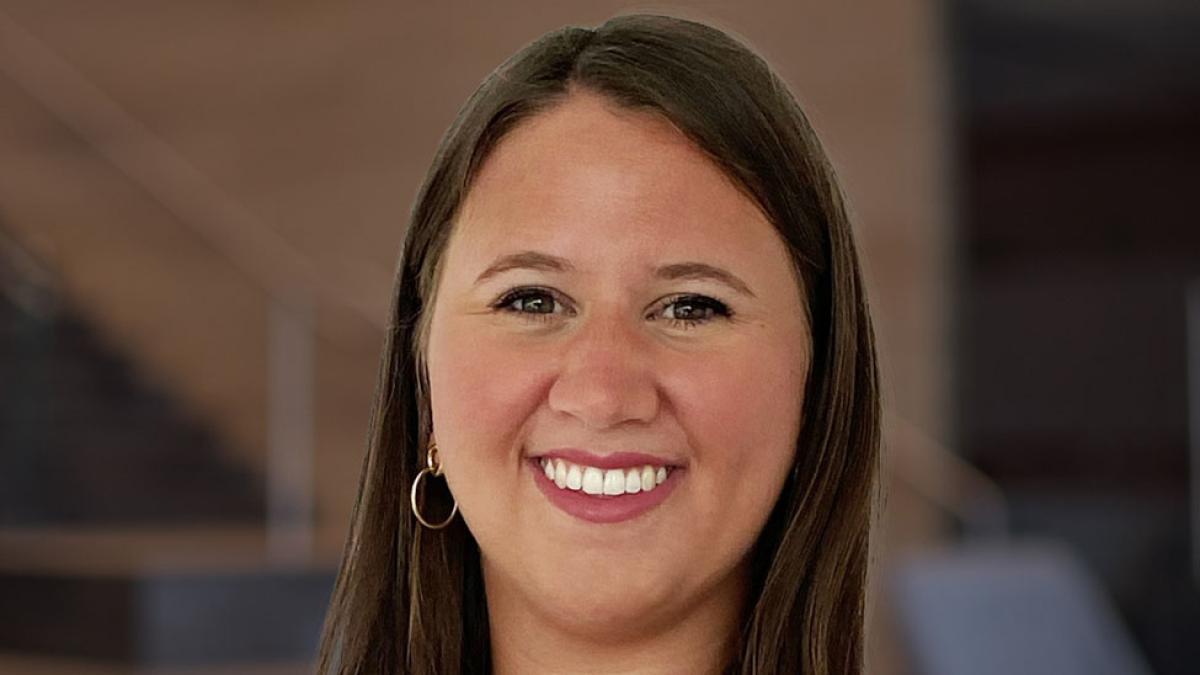
The Lubin Link Podcast
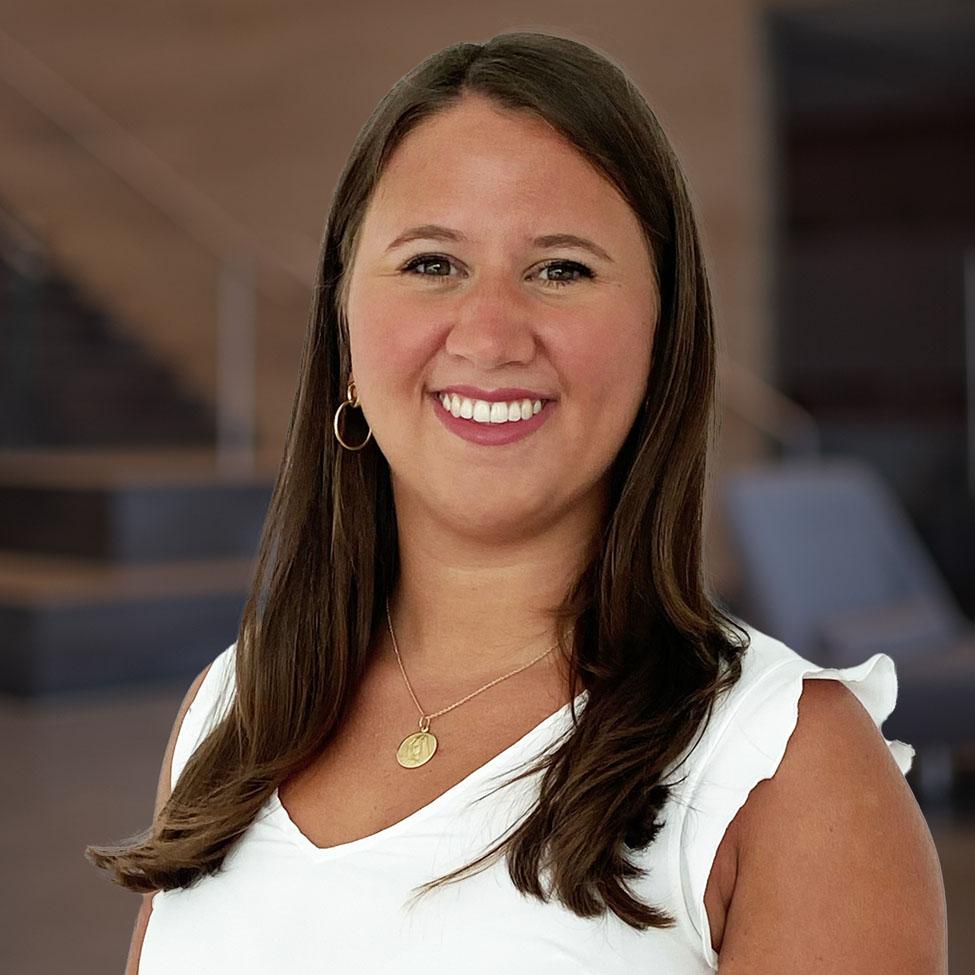
Gabriella Ferrara ’16 joined us for the latest episode of The Lubin Link podcast to share her journey from finance to sales leadership. After launching her career at PwC, she transitioned to her current role as vice president of sales at Scorpion. During her time at Pace, Gabriella was deeply involved on campus, serving as president of Beta Gamma Sigma and the Lubin School of Business Student Government Association. In this episode, we discuss her experiences at Pace, career transitions, and her approach to building meaningful professional connections.
This episode was recorded on February 24, 2025.
Tune into the Lubin Link podcast to hear how guests went from go-getting Lubin students to successful entrepreneurs, social media mavens, directors, CEOs, and beyond. They offer their best tips to students and share how you can make the most out of your #LubinLife.
Faculty Focus: Vice Dean for Academic Affairs and Professor of Law Jill Gross
A life-long New Yorker, Vice Dean and Professor Jill Gross started her career in “BigLaw” before falling in love with teaching and transitioning to a career in academia. Twenty-six years later, Dean Gross has taught generations of students at Haub Law and taken on the important role of overseeing Academic Affairs for the Law School. She also recently authored The Federal Arbitration Act: Successes, Failures, and a Roadmap for Reform. Learn more about Professor Gross in this Q&A.

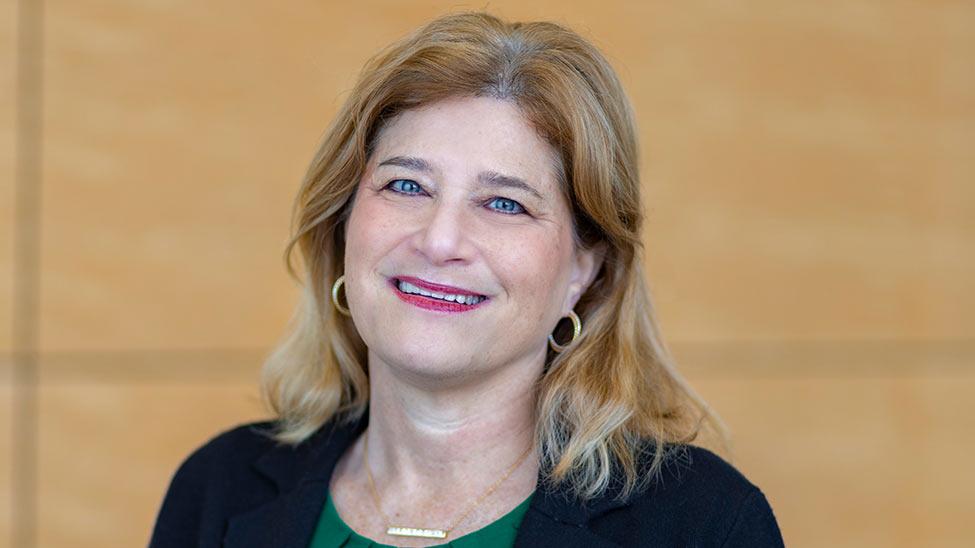
A life-long New Yorker, Vice Dean and Professor Jill Gross started her career in “BigLaw” before falling in love with teaching and transitioning to a career in academia. Twenty-six years later, Dean Gross has taught generations of students at Haub Law and taken on the important role of overseeing Academic Affairs for the Law School. She also recently authored The Federal Arbitration Act: Successes, Failures, and a Roadmap for Reform. Learn more about Professor Gross in this Q&A.
I understand that you were not always planning on a career as a lawyer or law professor, can you tell us a bit about how it evolved?
I am a life-long New Yorker who went straight from college to law school. In college at Cornell University’s School of Arts & Sciences, I designed my own major in Western European Studies. I loved the cross-disciplinary learning about the politics of Western European countries, European culture and art history, and French and German language and literature. I came very close to pursuing a Master’s Degree in French Studies, but ultimately I chose a more pragmatic career path and went to law school.
From Law School you went into private practice, how did you end up in academia?
When I first arrived at law school, I did not really know what kind of law I wanted to practice. During law school, based largely on poor assumptions I made at the time, I convinced myself I did not want to practice in the securities law field, and I did not want to teach law. However, in the category of “never say never,” I ended up practicing securities law both at my first job at a “BigLaw” firm and at a boutique white collar criminal defense firm in Manhattan. And while at the white-collar firm, I was offered an opportunity to teach Legal Writing at Cardozo Law School, and I fell in love with teaching. My favorite moments of every single week were preparing to teach students and then teaching them and watching them learn. I then set my mind to pivoting to a full-time career in law academia. That’s when I sought out a position at Pace Law School, first as an adjunct professor co-directing what is now known as the Investor Rights Clinic. I then was fortunate enough to be offered a full-time teaching position. And the rest is history.
Your research interests and areas of expertise include Dispute Resolution, Professional Responsibility and Legal Ethics, Securities Law, and more – what is it about those areas that hold your interest?
These seemingly disconnected areas of law actually tie together what I did in private practice. I represented defendants in securities enforcement proceedings based on alleged misconduct in connection with investments, and also represented respondents in related securities arbitrations. Every day, my practice required an intimate understanding of the relevant securities laws, the intricacies of the dispute resolution processes, and the ethical boundaries. When I teach these courses, I can draw extensively on lessons from practice.
You recently authored a book, The Federal Arbitration Act: Successes, Failures, and a Roadmap for Reform – how was that process and what inspired you to write on this subject?
I have been interested in the Federal Arbitration Act since I first was exposed to arbitration, and learned firsthand how lawyers use arbitration clauses in contracts without fully understanding the statutory limits of the Act. While Congress’ original purpose in passing the Act is laudable, the statute is in dire need of reform to address the many problems that have arisen in the century since its passage. The book gathers together dozens of scholars each of whom makes a discrete recommendation to amend one particular aspect of the statute, thus providing Congress with a roadmap for reform. Celebrating the one-hundredth anniversary of the passage of the Act seemed like an ideal opportunity to gather diverse perspectives on how to approach the next century.
Where do you see the future of ADR headed?
ADR is just getting more and more popular, as the delays and costs of litigating a case from beginning to end grow. However, scholars need to keep process designers accountable by studying whether these emerging, innovative processes ensure that disputants have access to both procedural and substantive justice. So future ADR scholarship should empirically explore the fairness of these processes and test the hypothesis that they are indeed faster and cheaper for disputants.
You are Vice Dean for Academic Affairs at Haub Law – what does that role entail?
In my role as Vice Dean, I am responsible for the integrity of the academic program for all students. I live by the mantra that I make all decisions so as to put all students in the best possible position to succeed in law school, on the bar exam, and in practice. Among other responsibilities, I plan course offerings, develop new courses, set the schedule, assign the teachers, maintain and monitor compliance with ABA and New York State standards for legal education, trouble-shoot problems that arise for both students and faculty related to their classes, provide professional development support for all faculty, assist Dean Anderson in developing special programs, and oversee our Academic Success team. The role is all-encompassing and touches all areas of law school operations. While it can be an overwhelming role at times, I love impacting students’ law school experience and putting them in a position to succeed every day.
What course is your favorite to teach and why?
I love teaching both Professional Responsibility and Survey of Dispute Resolution Processes. In both classes, I can draw heavily from my practice experience as a private lawyer and as an arbitrator to give the students perspective and to teach both doctrine and practice.
In 2024, you traveled to Vienna as part of the Willem C. Vis International Commercial Arbitration Moot – what was that experience like?
My experiences at the 31st Vis Moot deepened my perspective on international commercial arbitration. I observed Haub Law’s outstanding student team compete in a few of its rounds, and I served as an arbitrator for other rounds. I had the opportunity to see firsthand the wonderful mentorship, coaching and nonstop cheerleading of our team and I also participated in the meeting of the Verein to debrief this year’s competition and discuss planning for next year. I also attended the festive Opening Ceremonies and several lectures. Not only did I learn about international commercial arbitration while in Vienna, I also availed myself of the opportunity to learn about foreign perspectives on the broader field of international conflict resolution. I also had the opportunity to sight see and visit a museum as well. When I returned to campus, I shared my experiences of one exhibit I saw relevant to peace-making with my Survey of Dispute Resolution Processes class.
I have learned from my students that the world is full of wonderful, curious and ambitious people who have many different dreams and life goals, and many different avenues to achieve those goals. Every path is individual, yet the objective is often the same: to lead a fulfilling life and career.
As a professor you are tasked with teaching students, but what have you also learned from them in return?
I have learned from my students that the world is full of wonderful, curious and ambitious people who have many different dreams and life goals, and many different avenues to achieve those goals. Every path is individual, yet the objective is often the same: to lead a fulfilling life and career.
Did you have a mentor when you started in your career in academia and if so, how did that positively impact your journey?
Professor Barbara Black (now retired) became my mentor when I joined Haub Law back in the Fall of 1999. She helped me become a better teacher, and she taught me how to write law review articles that were impactful and made a difference in the field of securities arbitration. She even agreed to co-author with me, which helped give my academic career a huge boost. I would not be where I am today if it were not for Professor Black.
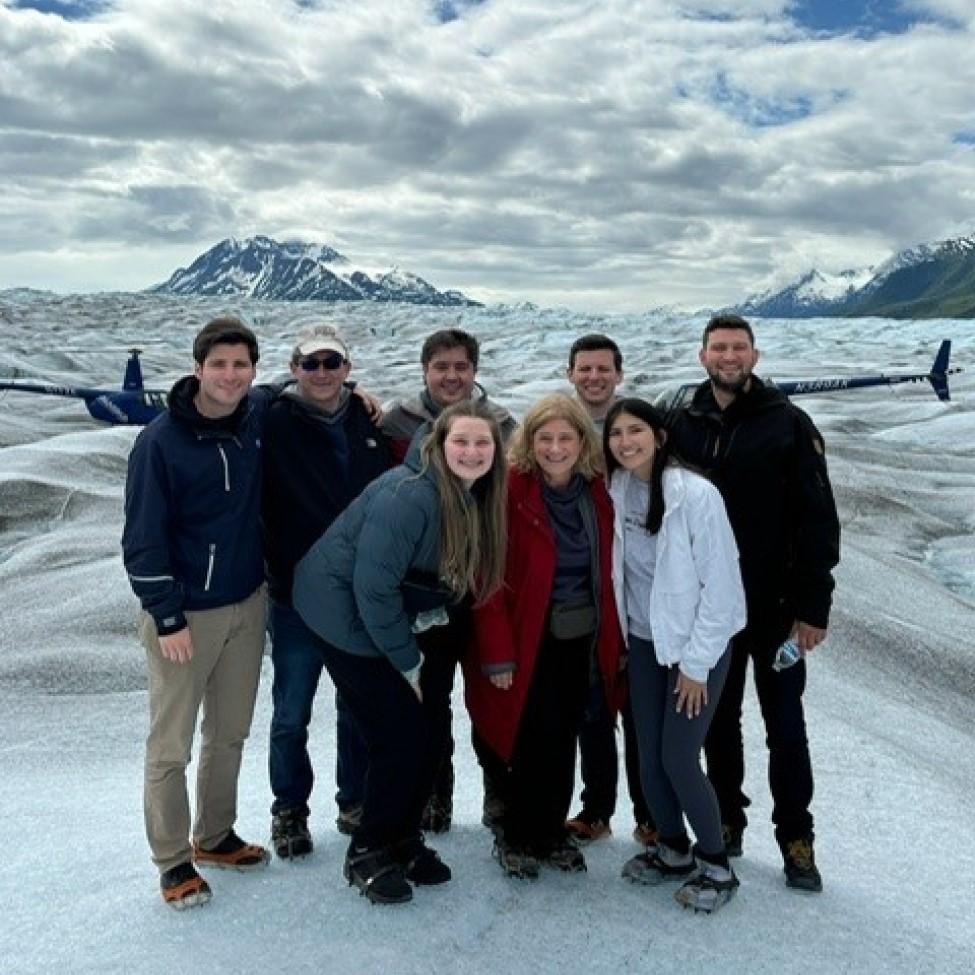
Aside from law, how do you spend your spare time?
In my spare time, I love to do word and math puzzles (Wordle, Spelling Bee, KenKen, Connections, Quartiles), watch hockey games, walk in nature, and travel to beautiful places. I recently traveled with my entire family to Alaska, and had a fabulous trip exploring and viewing truly breathtaking terrain: snow-capped mountains, glaciers, seas, valleys, glacial lakes, waterfalls, and forest.
Should US Keep Birthright Citizenship? Americans Are Split
In response to a poll revealing American’s opinions on birthright citizenship, Pace University Professor Amelia Wilson told Newsweek: "The fact that almost half of those polled believe that birthright citizenship should be repealed or limited in some way is not only profoundly troubling, it demonstrates a misunderstanding of what it means to be 'American.’”
Which Andrew Cuomo Will New Yorkers Remember?
Political Science Professor Laura Tamman discusses Andrew Cuomo’s political future in New York Magazine, stating that "it changes everything and nothing at the same time."
DOGE Has Added Years to Immigration Backlog, Says Fired Judge
Elisabeth Haub School of Law Professor Amelia Wilson, who serves as Director of the Immigration Justice Clinic, provides an expert analysis to Newsweek about the growing immigration backlog caused by DOGE cuts.
The Justice Department Under Trump: Will Defending (Some) Federal Cases Be Different Now?
Haub Law Professor Bennett Gershman co-authors a piece in Law & Crime analyzing how Trump’s Justice Department may approach federal cases differently, examining potential shifts in prosecutorial priorities, legal interpretations, and the handling of politically sensitive cases.
7 Communication Lessons From Trump And Zelensky’s Oval Office Meeting
Haub Law Professor and Director of the Mediation Clinic Erin Gleason Alvarez, at Pace Law, provides communication strategies in Forbes, advising that "when tensions are high, taking a brief pause before speaking can help ensure greater clarity in responses."
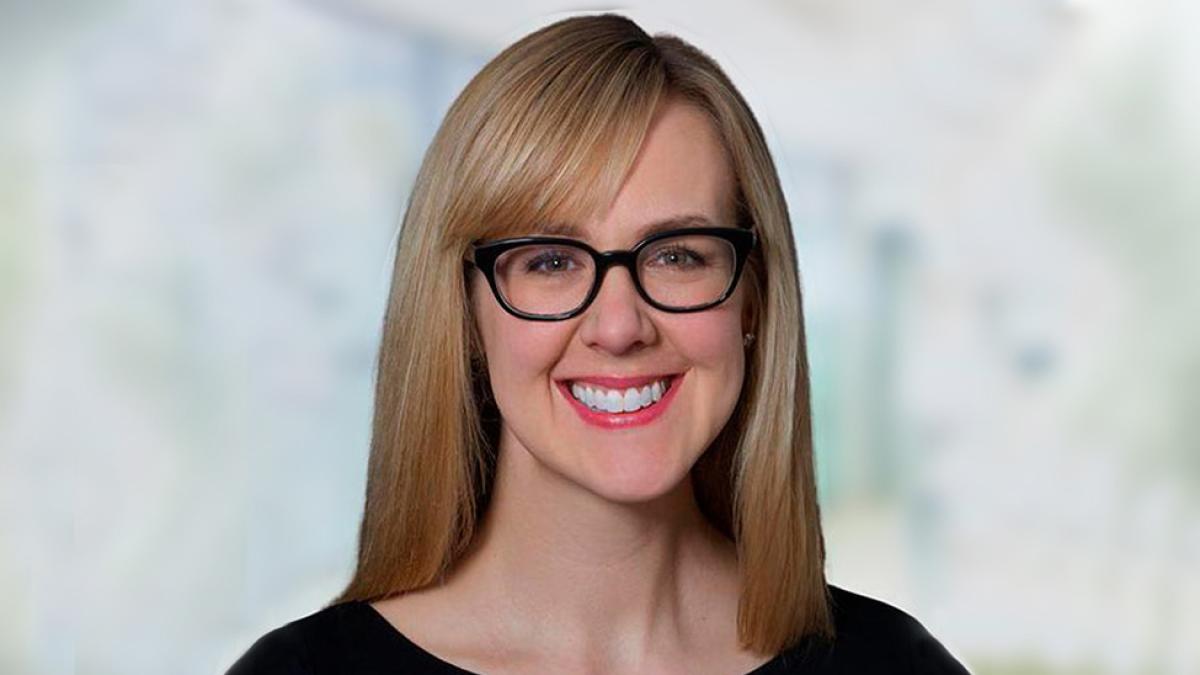
Haub Law Students Selected to Receive Several Westchester Women’s Bar Association Foundation Scholarships
The Westchester Women's Bar Association Foundation (WWBAF) has once again recognized outstanding Haub Law students through its prestigious Justice Sondra M. Miller Scholarship, awarded in honor of Justice Miller’s legacy as a founding member and past president of the Westchester Women’s Bar Association (WWBA).

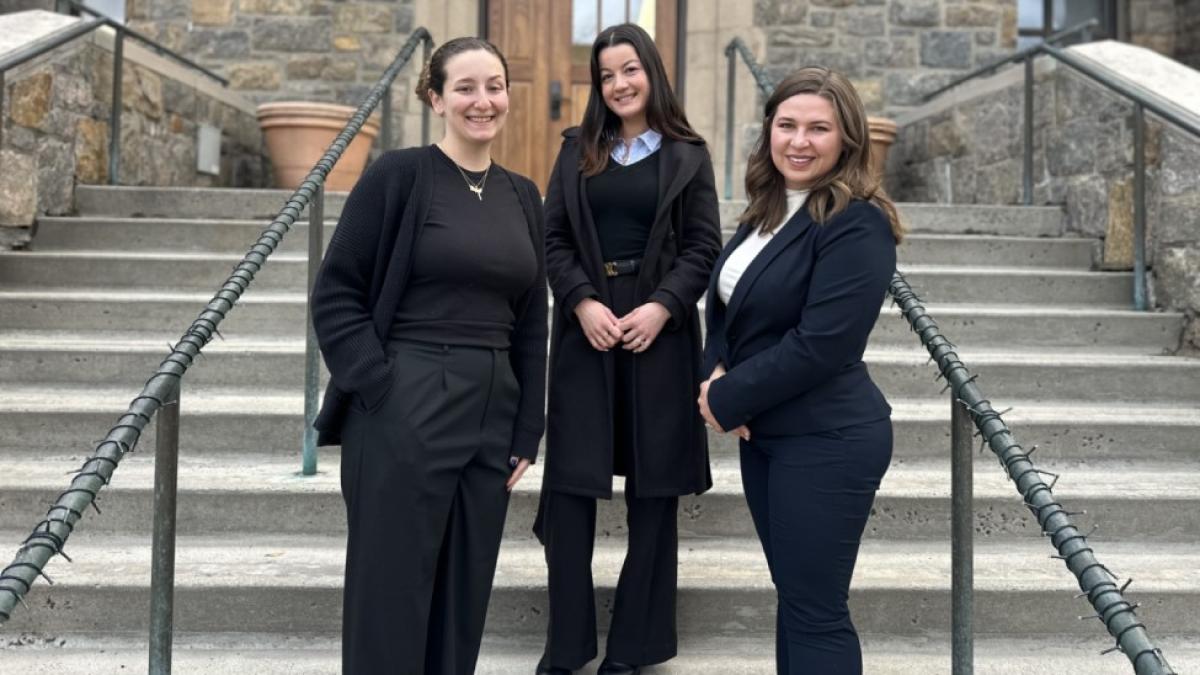
The Westchester Women's Bar Association Foundation (WWBAF) has once again recognized outstanding Haub Law students through its prestigious Justice Sondra M. Miller Scholarship, awarded in honor of Justice Miller’s legacy as a founding member and past president of the Westchester Women’s Bar Association (WWBA). This year’s recipients, Stella Capparelli and Stephanie Gonzales, were selected for their dedication to community service and their legal education. In celebration of the WWBA’s 50th anniversary and to honor the lasting contributions of the late Judge Lisa Margaret Smith and the late Judge Miller, WWBAF also awarded three additional special scholarships to Haub Law students Elida Loci, Morgan Shanske, and Tamika Thomas.
Susan Corcoran, President of the WWBAF, shared that every candidate submitted an impressive application this year. “Both award recipients of the Justice Sondra M. Miller Scholarship exhibit extraordinary dedication to community service and the study of law,” said Susan. “They have had amazing achievements in their law school experience.”

Stella Capparelli is a senior associate on the Pace Law Review, interned at the United States District Court for Southern District of NY, mentors other law students as a Dean’s Scholar, and served as a resident director in the school dormitory -- all while achieving academic honors.
Stephanie Gonzales attended Haub Law part-time while working full-time. She participates in the Disability Rights Clinic, the School Improvement Committee, is a Student Bar Association Representative and has mentored numerous law students. The Westchester County Executive also recognized Stephanie as an employee who went “Above and Beyond”.
This year, the WWBAF awarded additional scholarships in celebration of the WWBA’s 50th anniversary and in honor of the late Judge Lisa Margaret Smith and the late Judge Miller. Judge Smith served for 25 years as a United States Magistrate Judge for the Southern District of New York until her retirement in 2020. She also taught Evidence, Federal Courts, and Civil Procedure as an Adjunct Professor at Elisabeth Haub School of Law at Pace University from 2006 to 2020. “The three recipients of this year’s special scholarship awards had many remarkable achievements,” shared Susan. “Elida Loci assists underserved families locally and abroad and participates in the Immigration Justice Clinic. Morgan Shanske provides professional development services to at-risk youth and conducts workshops at a juvenile detention center. Tamika Thomas is employed as a full-time educator and participates in numerous environmental and community organizations.”

“All five scholarship recipients clearly fulfill the mission of the WWBAF - ‘…to promote the fair and equal treatment of all people in society, the workplace, schools and court system,’” said Susan. “We could not ask for more perfect candidates to represent the values and life work of our own Justice Sondra Miller, Judge Lisa Margaret Smith, and the WWBAF.”
The WWBAF evaluates scholarship applicants, who are pursuing a legal education, using various criteria, including: community and/or public service, clinic and internship participation, life balance, work history, academic record and recommendations, personal challenges and/or financial need while pursuing a legal education, intention to make future contributions to Westchester County, and more. The successful applicant need not “check each box” in these categories. Instead, candidates are evaluated by standards that fit the foundation’s mission to eliminate gender bias and promote the fair and equal treatment of all people in society, the workplace, schools, and the court system. In evaluating applicants, the WWBAF considers how the candidate fulfills the values of the Westchester Women’s Bar Association and Judge Sondra Miller, whose life work is the embodiment of the WWBAF mission. Judge Sondra Miller passed away in 2024. She was a retired Associate Justice of the New York State Appellate Division, Second Department and served as a Vice-President of WBASNY, and was a founding member and Past President of the Westchester Women’s Bar Association. After leaving the bench, Justice Miller remained active serving as a distinguished judge-in-residence at Haub Law and went into private practice.
Press Release: Pace University Leads National Effort to Combat Human Trafficking with Annual Conference
Pace University’s Seidenberg School of Computer Science and Information Systems and Center For Wellbeing hosted its second annual Counter-Human Trafficking Conference, bringing together experts, advocates, and students to address the widespread issue of human trafficking.
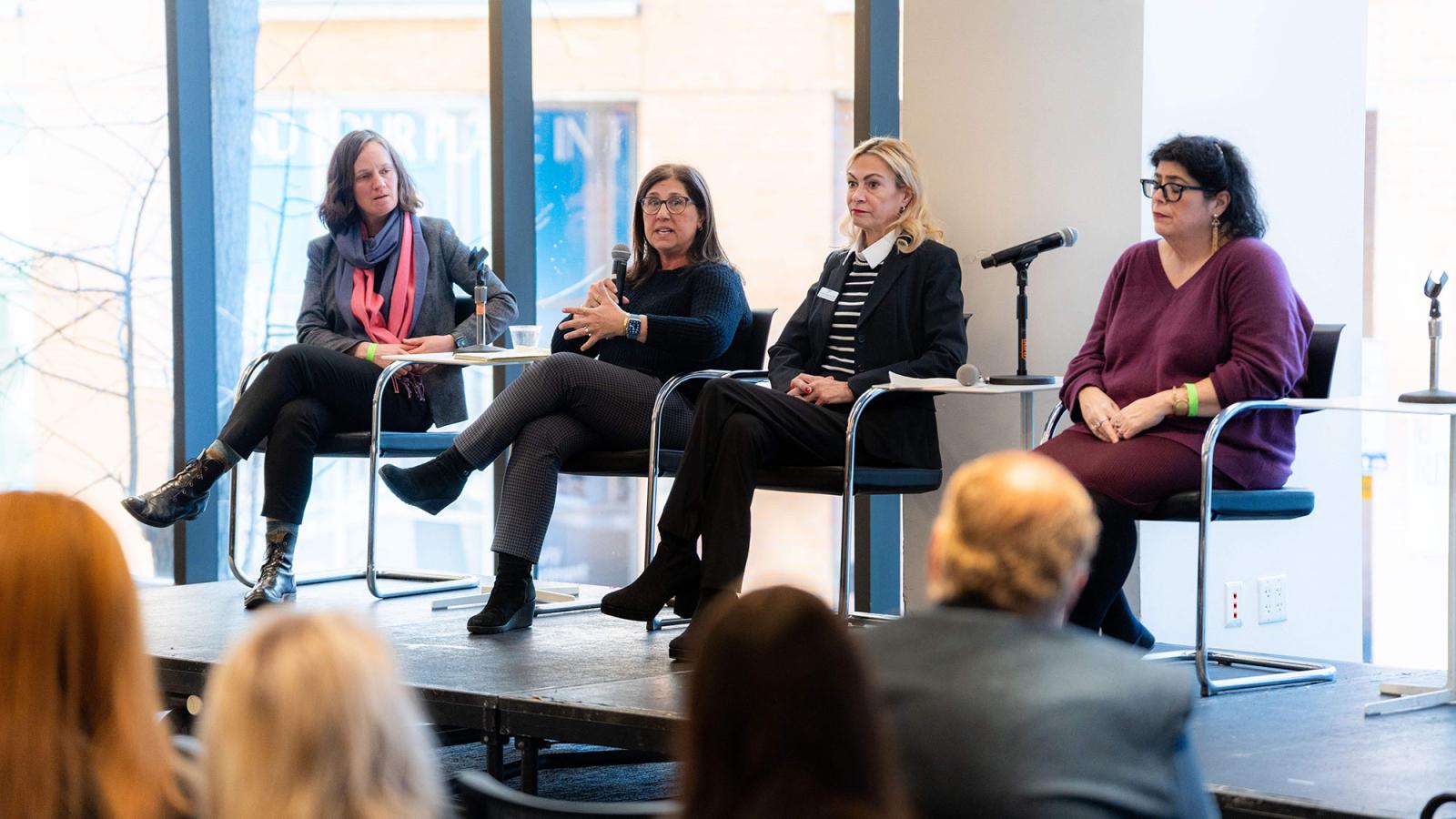
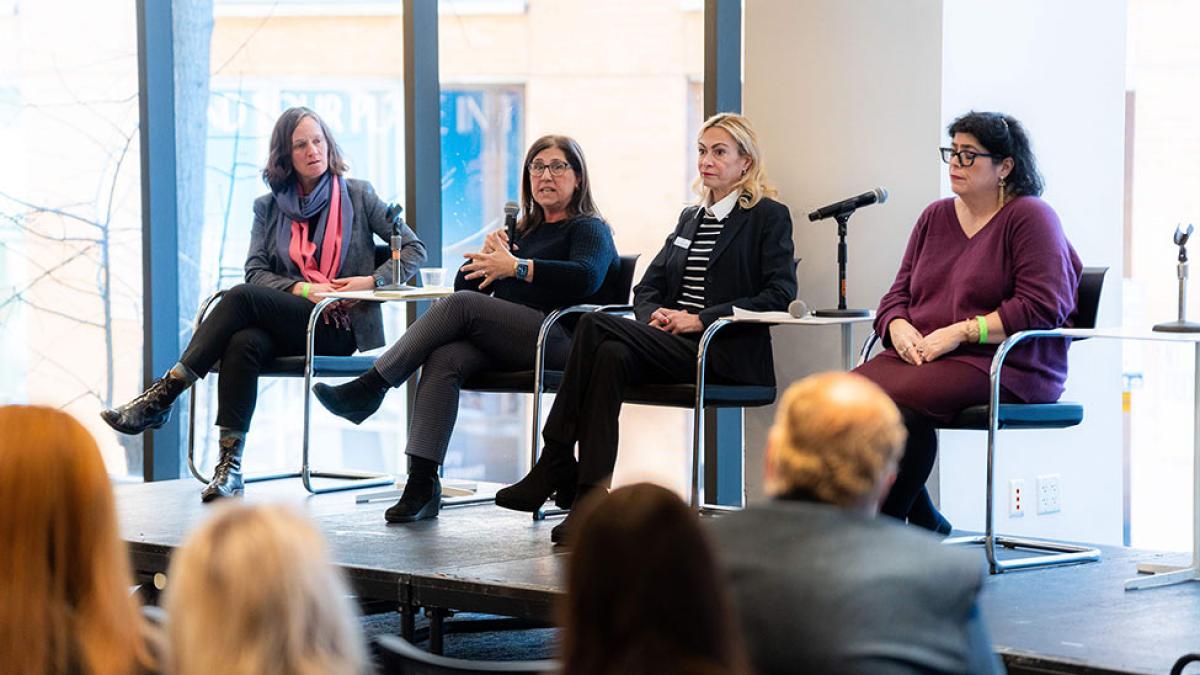
Two-day event highlights strategies to combat human trafficking and support survivors
Pace University’s Seidenberg School of Computer Science and Information Systems and Center For Wellbeing hosted its second annual Counter-Human Trafficking Conference, bringing together experts, advocates, and students to address the widespread issue of human trafficking.
The two-day event focused on crimes targeting women, children, and vulnerable populations, emphasizing prevention, policy, and technology-driven solutions. Attendees participated in discussions on training for law enforcement and healthcare professionals, victim support, legislative advocacy, and education.
“Human trafficking and violence affect every community, including college campuses,” said Pace University President Marvin Krislov. “At Pace, we are committed to supporting survivors and educating our community on how to recognize and respond to these crimes. This conference reflects the engagement of every school, faculty, student, and staff member at Pace.”
As part of the event, Pace University announced that it is the first institution in New York State to officially partner with the U.S. Department of Homeland Security’s Blue Campaign, a national public awareness initiative designed to educate the public, law enforcement, and industry professionals on identifying and responding to potential human trafficking cases.
The conference featured a distinguished lineup of speakers, including:
- David Weiss, chief of the Human Trafficking Unit, Kings County District Attorney's Office
- Kevin Metcalf, director of the Human Trafficking Response Unit, Oklahoma Attorney General’s Office
- Jessica Lamb, survivor, leader and founder, Atlanta Redemption Ink
- Francine Bono-Neri, co-founder and president, Nurses United Against Human Trafficking
- Tina Wallace, detective inspector, Thames Valley Police Department, United Kingdom
- Anthony Kava, detective, Pottawattamie County Sheriff’s Office
- Susie Vybiral, founder and CEO, Room Redux
Darren Hayes, conference moderator and associate professor of cybersecurity at Pace, highlighted the role of technology in combatting trafficking.
“An estimated 400,000 children go missing in the U.S. every year, and some experts believe the actual number is even higher,” said Hayes. “Technology plays a critical role in finding missing children, from geolocation data to digital evidence found in online images. Artificial intelligence is becoming increasingly important in these efforts.”
Panelists also discussed how traffickers often exploit existing relationships to target victims.
“It’s important to understand how the traffickers exploit people,” Weiss said. “Sex trafficking tends to happen with people who know each other. It can start with a simple conversation with the trafficker asking the victim ‘do you need something to eat or a place to stay’ and that grooming process can happen over time. The practitioners need to recognize the situation now to offer assistance and to provide the tools so minors and other potential victims can recognize a situation as well to help keep themselves safe.”
A group of Pace University professors also offered their take on how to combat human trafficking on the How Pace is Making a Difference Panel.
“One of the most important things is to raise awareness so people are able to identify the signs and know where there are resources for help,” said Cindy Kanusher, executive director of the Pace Women’s Justice Center.
“Education about the prevalence and realities of trafficking and violence against women is an imperative aspect of prevention, as is working collaboratively across disciplines to provide holistic, survivor centered and trauma informed responses and help. And finally, we must always start by listening and believing survivors so they know they will be supported.”
Kanusher was joined on the panel by fellow Pace professors Christen Cooper from the College of Health Professions, Cathryn Lavery, chair of the Criminal Justice Institute and Amelia Wilson, director of the Immigration Justice Clinic at the Elisabeth Haub Law School.
Pace University students also took an active role in the discussions, with many emphasizing how the conference deepened their understanding of human trafficking issues.
“This is a good way of connecting with people in the industry, as I am looking to have a career in federal law enforcement” said Caroline Coscia, junior criminal justice major at Pace’s NYC campus. “I always like to expand in my understanding more on human trafficking and violence against women. We don’t talk about these subjects enough. Conferences like these help students expand their knowledge.”
About Pace University
Since 1906, Pace University has been transforming the lives of its diverse students—academically, professionally, and socioeconomically. With campuses in New York City and Westchester County, Pace offers bachelor, master, and doctoral degree programs to 13,600 students in its College of Health Professions, Dyson College of Arts and Sciences, Elisabeth Haub School of Law, Lubin School of Business, Sands College of Performing Arts, School of Education, and Seidenberg School of Computer Science and Information Systems.
About the Seidenberg School of Computer Science and Information Systems
The Seidenberg School of Computer Science and Information Systems at Pace University is a leading institute of technology education. Students experience a dynamic and expansive technology education at the undergraduate and graduate levels. One of the first comprehensive schools of computing in the nation, the Seidenberg School is strategically located in the heart of NYC’s tech scene, right on the doorstep of New York’s most promising companies. With access to established tech giants and exciting new start-ups from both the New York City and the Westchester campus, Seidenberg offers the opportunity to connect, intern with, and enjoy lucrative tech jobs following graduation. Through partnerships with leading tech firms, banks, federal agencies, and global institutions, the school’s curricula and programs are designed to ground students in the fundamentals while offering numerous hands-on experiential learning opportunity. The faculty includes numerous experts in artificial intelligence, cybersecurity, data science, game development, software engineering, and much more, who operate labs and centers providing students with practical experience and connections that lead to impressive internships and jobs.